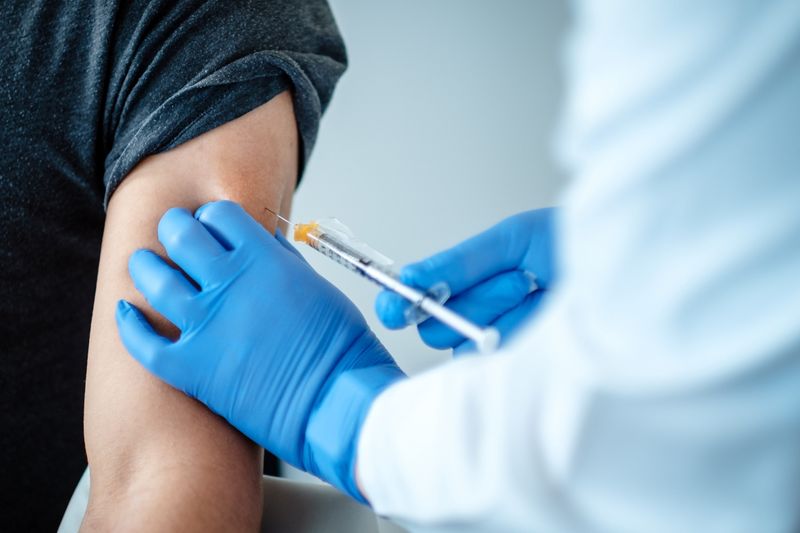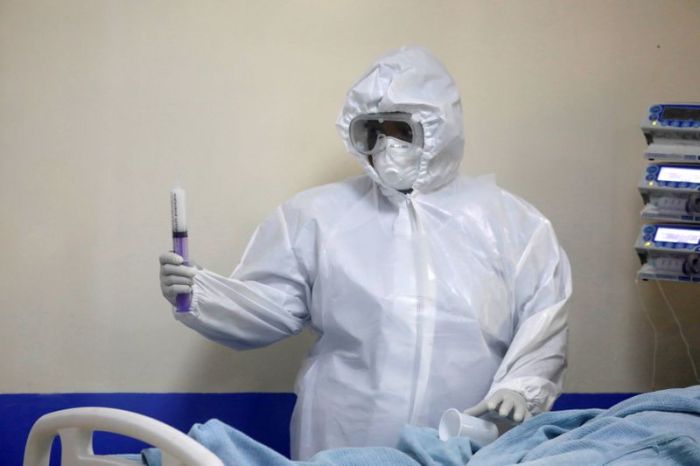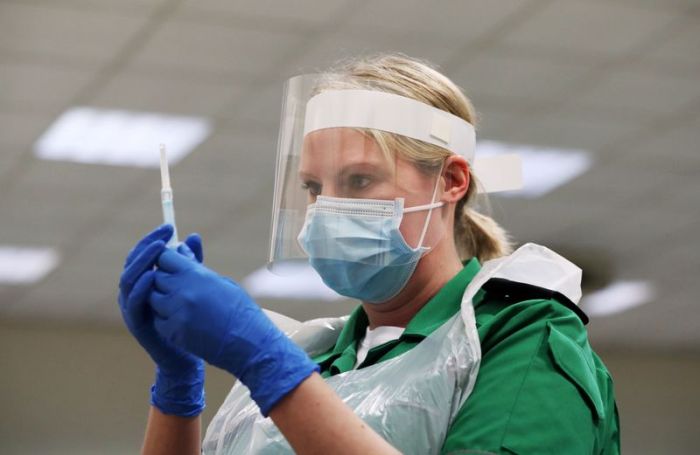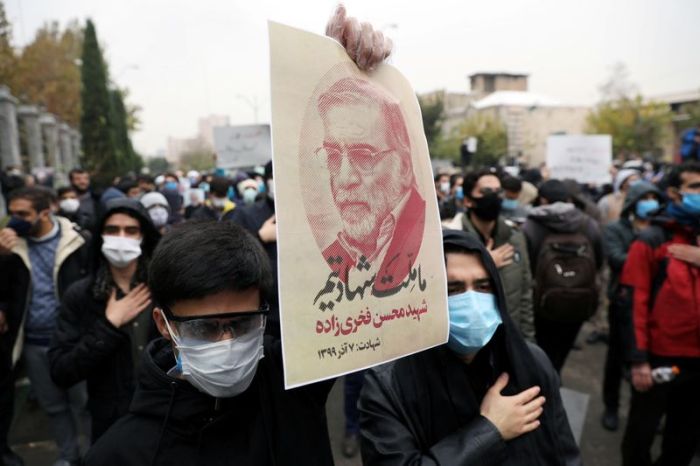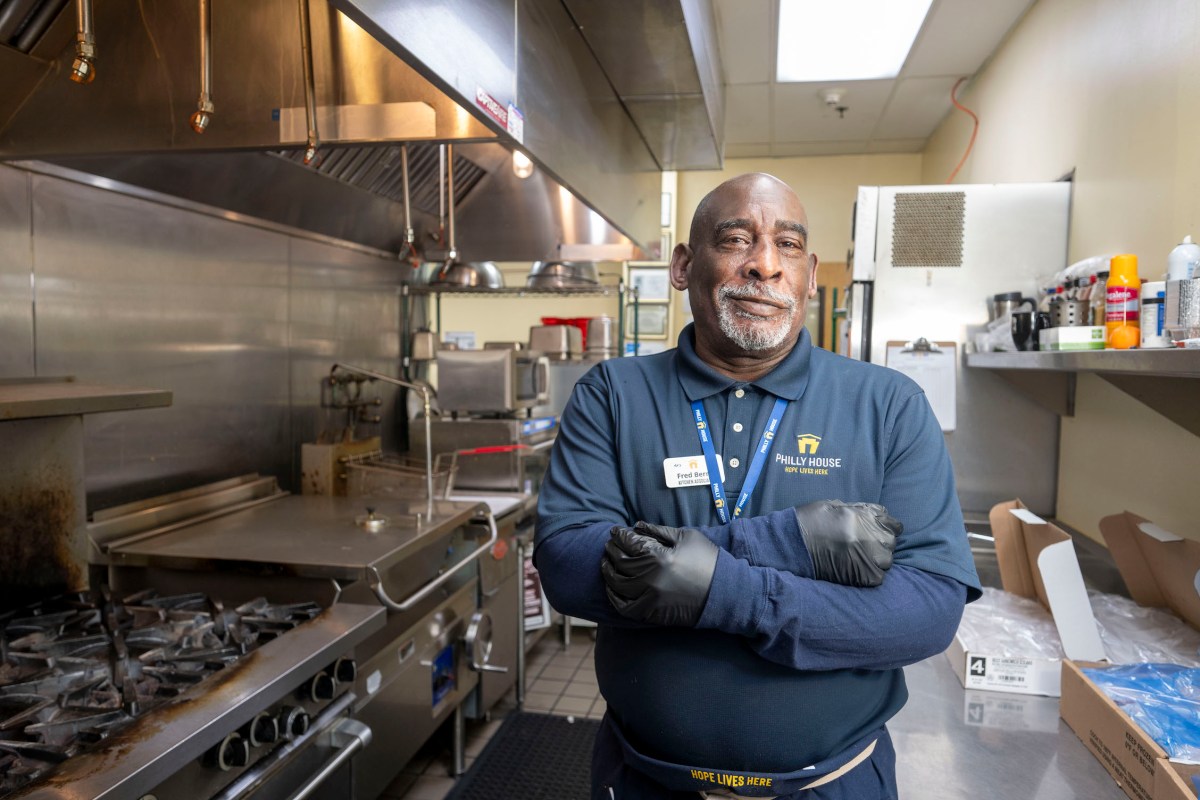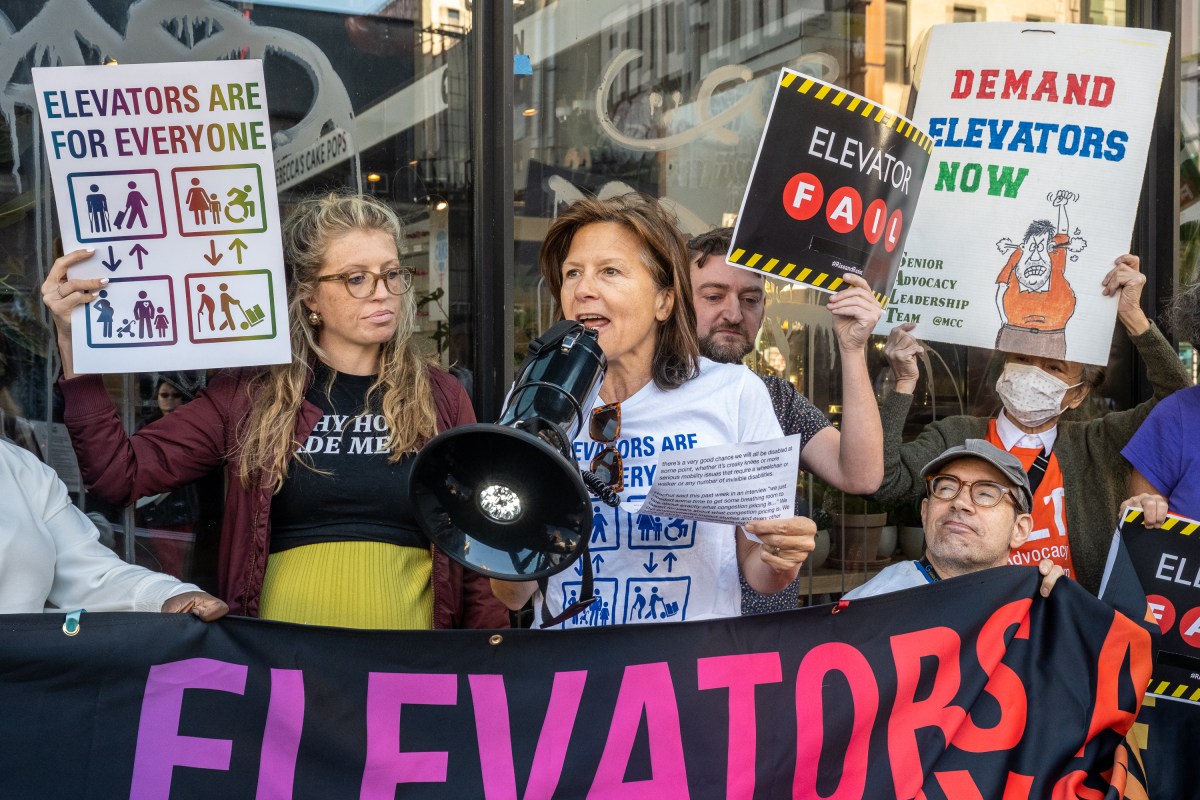LONDON (Reuters) – There is no guarantee that Pfizer/BioNTech’s COVID-19 vaccine will be distributed in English care homes but the health service and regulator are working to make it possible, deputy Chief Medical Officer Jonathan Van-Tam said on Thursday.
Britain became the first country to approve the vaccine candidate developed by Germany’s BioNTech and Pfizer, jumping ahead of the rest of the world in the race to begin a crucial mass inoculation programme.
Prime Minister Boris Johnson warned of logistical challenges in distributing the vaccine, which has to be stored at -70C (-94F), across the National Health Service (NHS).
Following the emergency approval, roll-out will initially be focussed on hospitals rather than community settings.
Although it can be kept for five days in a regular fridge, Van-Tam said there was a limit to how often it can be taken out of a fridge and put back, with implications for its distribution to care homes.
“The NHS, the (medicine regulator) MHRA are working really hard, right now, to try and find a solution, so that we can get this into care homes if we possibly can… at this point, there is no absolute assurance of that,” he told ITV’s “This Morning” programme.
“One thing we can’t do is… end up with a vaccine that’s been handled incorrectly, and then isn’t properly viable at the end of the distribution chain.”
Britain has said that care home residents and their carers are the highest priority to get the vaccine, along with those over 80, although the doctor who chairs the vaccine committee that drew up the list has said operational practicalities will influence the roll-out.
NHS England Chief Executive Simon Stevens said on Wednesday that the phased programme of roll-out would see 50 hospital hubs begin to vaccinate those in the highest priority groups.
But he added that there needed to be regulatory approval to split up the 975 dose packs that the Pfizer/BioNTech vaccine arrives in before they could be delivered to care home directly.
“If the MHRA… as we expect they will, give approval for a safe way of splitting these packs of 975 doses, then, the good news is that we will be able to start distributing those to care homes,” he said.
Pfizer UK country manager Ben Osborn said the firm had experience in delivering around 1 billion sterile injectables a year to 165 countries and territories.
“I sincerely hope that this gives the people of the UK confidence that we’re ready now to deliver the vaccine to all four corners of our nation,” he told journalists on Wednesday.
Philipp Rosenbaum, Senior Infectious Diseases Analyst at data and analytics firm GlobalData, said that Britain was an “ideal test bed for the delivery of Pfizer’s vaccine.”
“The country’s small size, dense population and strong healthcare infrastructure should mean distribution of the vaccine with cold chain should go smoothly,” he said in a note.
“If problems do arise, this will not bode well for distribution in countries with longer distances to vaccine distribution centers (or) less developed infrastructure.”
(Reporting by Alistair Smout; additional reporting by Ludwig Burger in Frankfurt; editing by Michael Holden and Toby Chopra)

